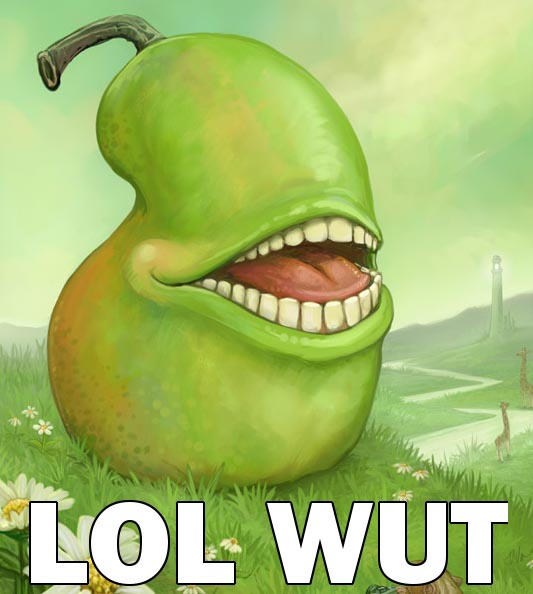I'm not sure I understand: how is taking away the source of income - movie/music sales - for entire industries which employ MANY people, the majority of whom aren't the super rich artists, not theft?
Gnomes: no you're not physically stealing anything via pirating, but you're depriving people of their incomes via sales of a product or providing a service, which is the end result of traditional theft. The two aren't distinguishable to the people that work in the industry. Why is it wrong to steal from a shop owner that makes his living from selling physical objects while it's acceptable to steal from an industry that thrives off of selling digital products? Even more, I'm assuming you would think stealing a physical painting from an artist's workshop would be wrong. What's the difference other than the format of the stolen good?
You do realize that you just made the argument that if you don't buy something from someone, yet you also don't take something from them, then you are necessarily stealing from them. See, digital media is infinitely reproducible. The copyright holder loses nothing if their media is copied, because it didn't exist until you made the copy.
"you're depriving people of their incomes via sales of a product or providing a service," As another example, so by not hiring a maid, I am starving a maid by cleaning for myself, instead?
Case 1: You don't copy the file, you don't pay for the file.
Case 2: You copy the file, you don't pay for the file.
Either way, the copyright holder doesn't get any money.
I download things I would not be willing to initially pay for. If they're good, I pay for them, or support them in such a way as they make a greater profit (i.e. through merch, concerts, etc.--music sales are low profit for the producers)
That does not make "violating" someone's "intellectual property" "right" but it also is not theft, as they lose nothing.
Edit 2 More stuff:
Intellectual property is interesting because you can be granted a copyright for a mathematic formula, or series of characters. Even if I independently arrive at that formula myself, I am now, by US law, infringing on your copyright if I use it in anyway. Is that "right"?
The organization I was in charge of for a while had multiple debates on IP. The problem with IP is that it is hard to imagine that not having any protections for original ideas is a good thing, but it's also hard to determine at what point those protections should stop. It is one of those cases where our libertarian club recognized that the protections are useful, yet also arbitrary. It is wrong that you can be sued for something you bring out of your own mind, independently, yet it is also wrong if people are allowed to rip-off millions-of-dollars investments, say by pharm companies to make a new drug, without doing any work themselves. This is because it's hard to imagine, in the current economy where it is easy to reverse-engineer most inventions, a case where people would still make these investments as readily. On the other hand, it is sad that if one company finds the drug first, even if two are researching it, that only the one company is allowed to profit--this is necessarily wrong.
EDIT: I'm sorry, I had this tab open back when we were only on the first page. Didn't realize we were on 5 now.





